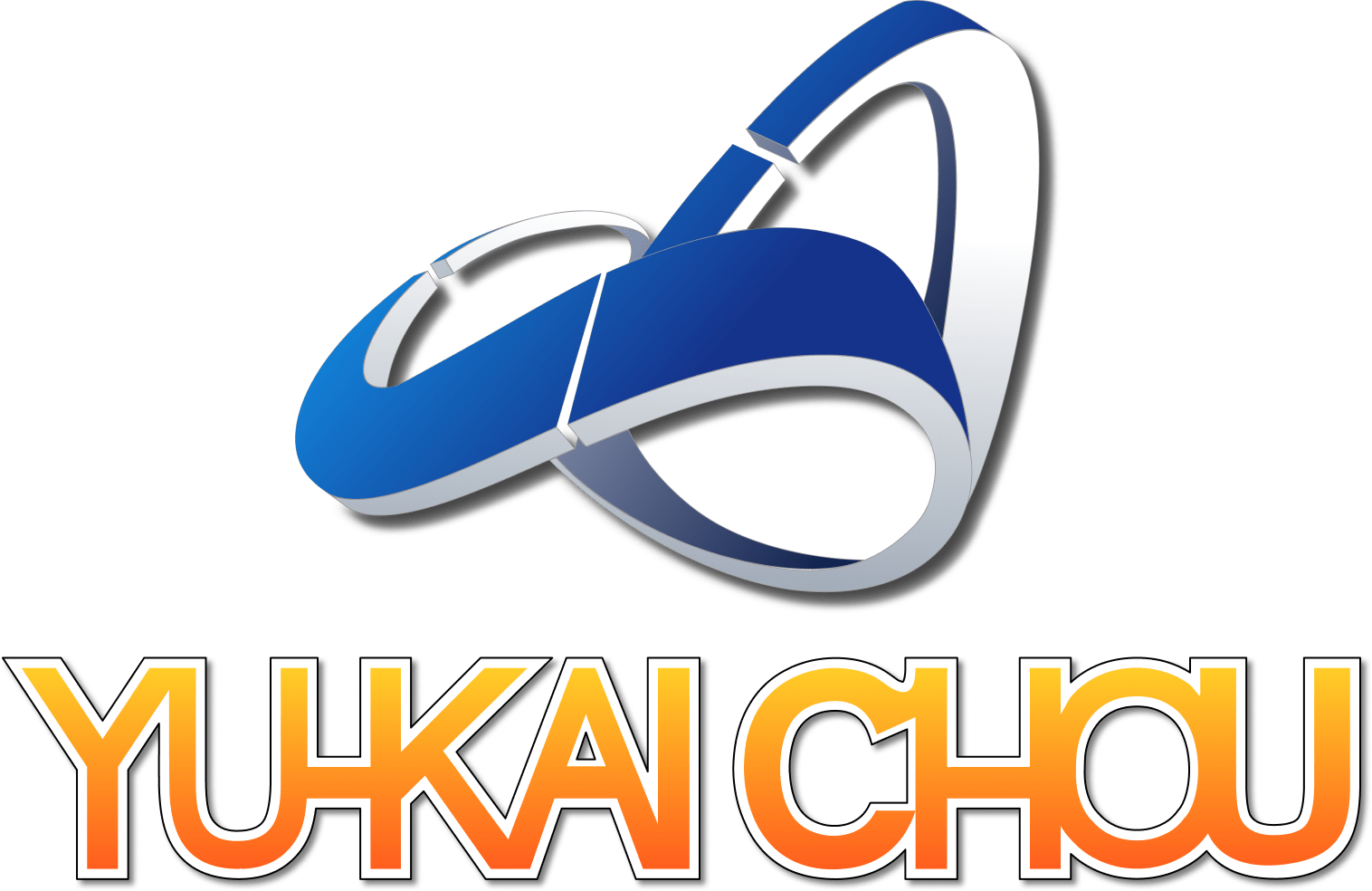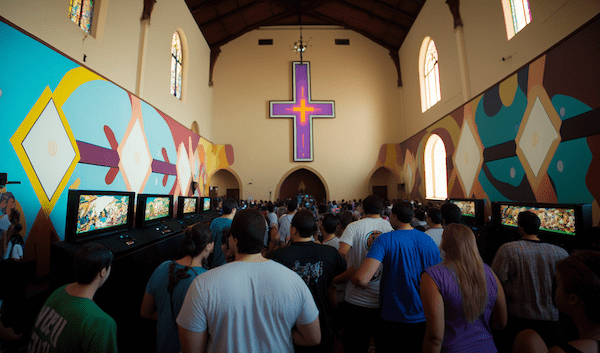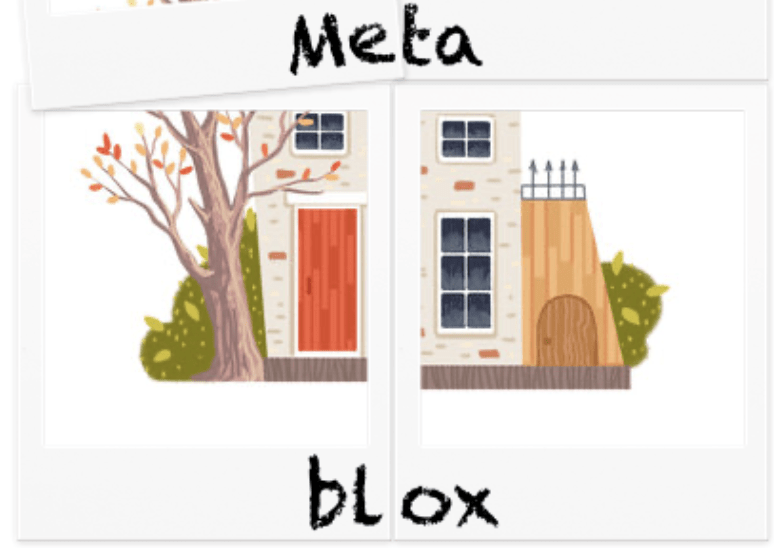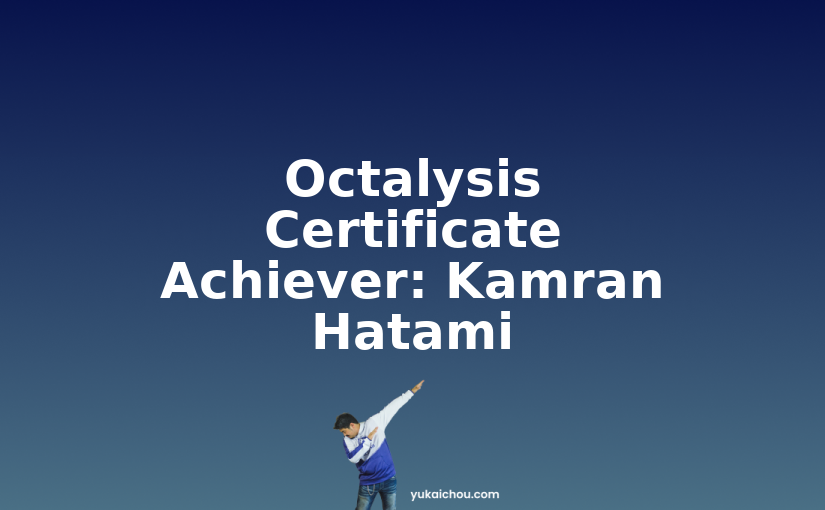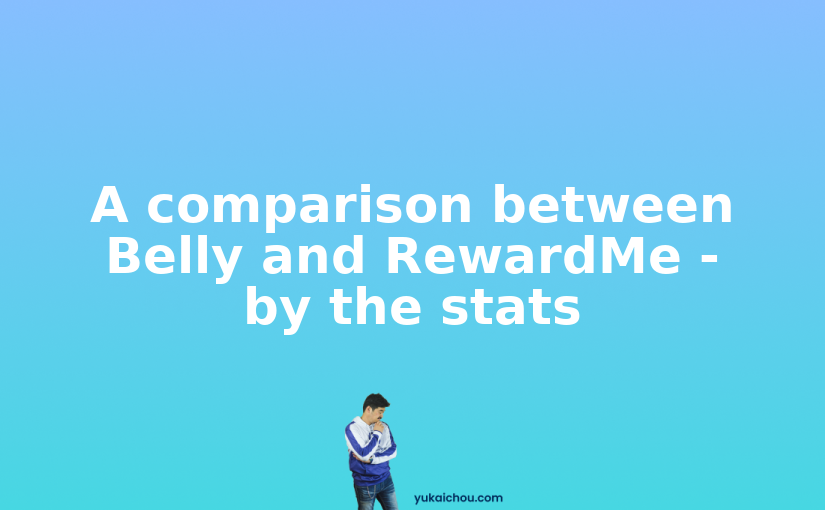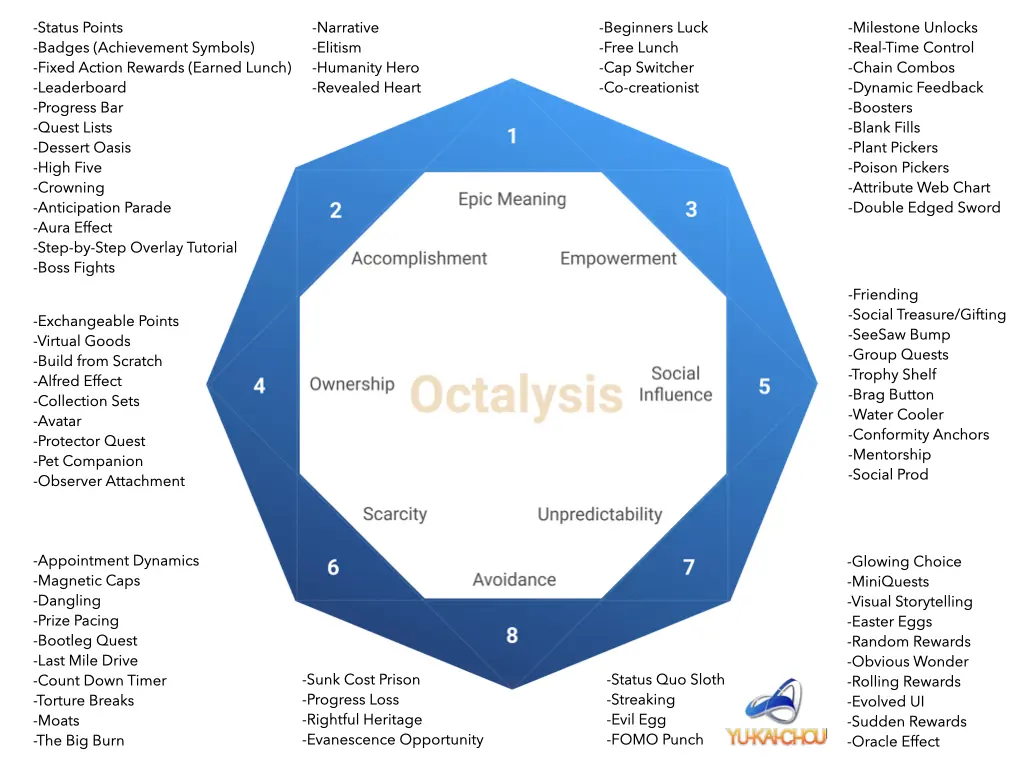
As you know, the Octalysis Framework in Gamification Design is all about making important but mundane activities more engaging.
There is nothing more important than where your soul goes for eternity. But for most people going to church feels a bit mundane and unexciting. They find all sorts of excuses to not show up, and they can’t wait when it’s over so they can get their Sunday back to do enjoyable things.
Using the Octalysis Framework of Gamification Design, you could brainstorm a variety of ideas to improve the church experience to make it more engaging.
Here are some examples:
Core Drive 1: Epic Meaning & Calling for Church
Develop a “Church Heroes” narrative where each member’s involvement in the church, from attendance to volunteering, contributes to a collective story of the church’s impact on the community. This narrative would be continually shared and updated to make each member feel they’re part of something much larger than themselves.
Core Drive 2: Development & Accomplishment for Church
Establish a “Faith Milestones” program where every church-goer is acknowledged for personal spiritual development, like understanding of scripture, involvement in charitable activities, or progress in personal virtues. This recognition could be given through simple tokens or symbolic gestures.
Core Drive 3: Empowerment of Creativity & Feedback for Church
Organize “Open Pulpit” days where regular members get the opportunity to share their spiritual experiences, learning, or original interpretations of scripture. Encourage feedback and discussion on these shared insights.
Core Drive 4: Ownership & Possession for Church
Create a “My Church Space” initiative, giving each member the responsibility for a small physical or conceptual part of the church, such as care for a specific pew, a specific hymn, or even a particular time of the day when they pledge to pray for the community.
Core Drive 5: Social Influence & Relatedness for Church
Initiate a “Faith Family” system where small groups within the church, much like an extended family, regularly meet, share, and support each other. Make this a distinctive feature of your church community.
Core Drive 6: Scarcity & Impatience for Church
Launch “Exclusive Encounters,” such as limited-attendance spiritual retreats, special guest sessions, or priority access to church resources or events that members earn through active participation.
Core Drive 7: Unpredictability & Curiosity for Church
Unpredictability & Curiosity: Introduce “Blessings in Disguise” events which are surprise community activities, guest speakers, or spiritual challenges announced spontaneously, maintaining an element of surprise and intrigue.
Core Drive 8: Loss & Avoidance for Church
Loss & Avoidance: Develop a “Keep the Faith” reminder system where members remind each other about the importance of regular participation to prevent the loss of spiritual continuity, community bonds, and individual spiritual growth.
Applying Gamification to Church
These are just some simple ideas using the Octalysis Framework for Gamification in the church setting. Of course, Church is meaningful, and it’s important to remember your spiritual journey is more important than the enjoyment of the process. Pray and rely on God often is the way to truly get things done and get to the success you need.
